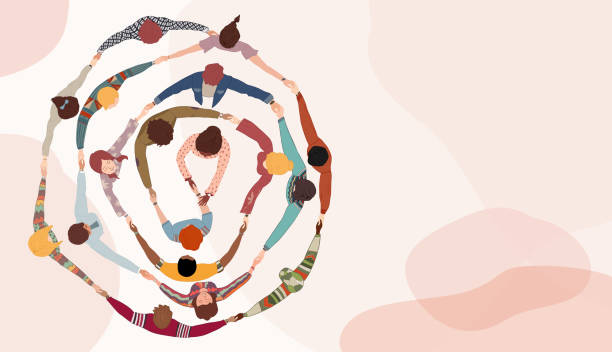Here we explain ways in which positive role modelling in your community could assist the youth to develop positive value systems.
Need Help?
[quform id="1" name="Schools Form"]Positive Role Modelling and the Development of Positive Value Systems in Youth
Positive role modelling plays an essential part in shaping the attitudes, values, and behaviours of youth. It is particularly vital within a community setting, where young people often look up to adults, peers, and public figures as examples to emulate. This article explores the ways in which positive role modelling in a community could guide the youth to develop positive value systems, focusing on the South African context, where there is a rich cultural heritage and diversity.
Table of Contents
Ways in Which Positive Role Modelling in Community Could Assist the Youth to Develop Positive Value Systems
ays in Which Positive Role Modelling in Community Could Assist the Youth to Develop Positive Value Systems include:
- Encouraging Ethical Behaviour: Demonstrating ethical actions and respect for others.
- Providing Positive Examples: Showcasing desirable traits like hard work, perseverance, honesty, and integrity.
- Guiding Decision-Making: Illustrating positive consequences of wise choices and avoiding risky behaviours.
- Supporting Education and Career Choices: Offering practical guidance and inspiration in professional fields.
- Promoting Cultural Respect and Unity: Embracing and celebrating diverse cultural backgrounds.
- Encouraging Healthy Lifestyle Choices: Leading by example in health and well-being.
- Fostering a Sense of Community and Citizenship: Encouraging active participation in community development and responsible citizenship.
Encouraging Ethical Behaviour
When young people observe ethical and responsible behaviour from adults and peers, they are more likely to incorporate these values into their own lives. For instance, seeing community leaders and family members actively participating in community service and treating others with respect fosters empathy, compassion, and social responsibility.
Providing Positive Examples
Positive role models provide tangible examples of desirable traits such as hard work, perseverance, honesty, and integrity. Through observing successful individuals who embody these traits, youth can learn that these values are attainable and rewarding. For example, local entrepreneurs or educators who have overcome challenges can inspire young people to strive for their goals.
Guiding Decision-Making
Role models help youth in making informed and positive decisions by illustrating the consequences of particular actions. Witnessing the success of individuals who make wise choices and avoid risky behaviours offers a clear example of how sound decision-making leads to positive outcomes.
Supporting Education and Career Choices
Positive role models in professional fields and education can offer practical guidance and inspiration. By engaging with mentors in desired career paths or educational pursuits, young people receive hands-on insights and encouragement to follow their passions and achieve success in their chosen fields.
Promoting Cultural Respect and Unity
In diverse communities, role models who embrace and celebrate different cultural backgrounds can instill values of tolerance, respect, and unity. These values are essential in fostering a community spirit where individuals appreciate and learn from one another’s heritage and traditions.
Encouraging Healthy Lifestyle Choices
Positive role models in health and well-being can guide youth in making healthy lifestyle choices. Athletes, fitness instructors, or even family members who lead healthy lifestyles can inspire young people to adopt habits such as regular exercise, balanced diets, and avoiding harmful substances.
Fostering a Sense of Community and Citizenship
Engagement with community leaders, volunteers, and local organisations can nurture a sense of belonging and responsibility among youth. Seeing community members actively working together for common goals encourages young people to become active citizens, participate in community development, and contribute positively to society.
Conclusion
Positive role modelling is an influential tool in shaping the value systems of youth. By providing ethical examples, guiding decisions, supporting education, promoting cultural respect, encouraging healthy choices, and fostering community spirit, positive role models help cultivate a generation that is responsible, empathetic, and engaged. In the South African context, where the community fabric is rich and diverse, leveraging positive role modelling can be a powerful strategy to empower youth and build a resilient and unified society.
Did You See These?
- 5 Unwanted Results of Unhealthy Sexual Behaviour
- SIX Strong Motivational Factors for the Youth to be Involved in Risky Sexual Behavior
- 5 Ways on How Boys May Also Be Affected When Their Girlfriends Fall Pregnant
- 5 Reasons Why the Rate of Teenage Pregnancy Increases, Despite the Implementation of Various Preventative Measures
- 13 Ways on How Being A Teenage Parent Could Negatively Impact The Life of The Innocent Child

